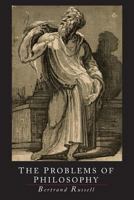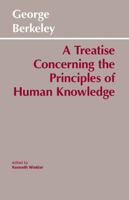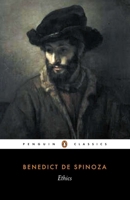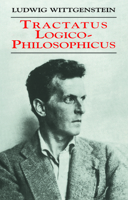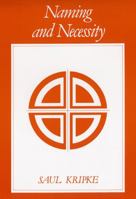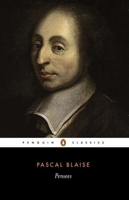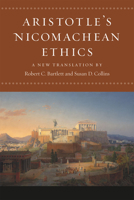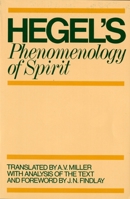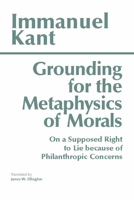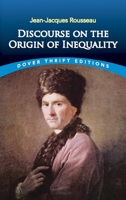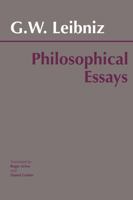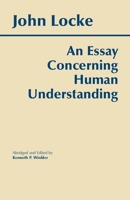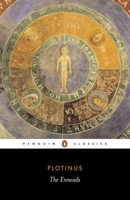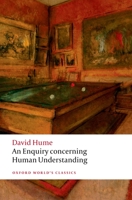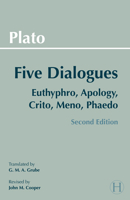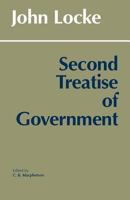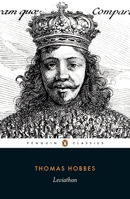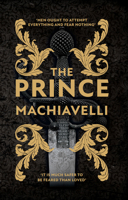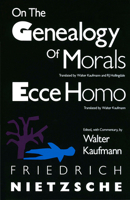Discours de la Méthode suivi de Méditations Métaphysiques
Select Format
Select Condition 
You Might Also Enjoy
Book Overview
Customer Reviews
Rated 5 starsExceptional depth and range
Usually, philosophy books speak only to academic philosophers. This one shows Descartes' influence in a wide range of domains, including math and science, ethics and politics, psychology, and literature and the arts. The nine essays that complement Descartes' texts (the Discourse and Meditations) are accessible, but deeply informed. They have little or no competition. The translation is classic and clean, not fussy. This...
0Report
Rated 5 starsI can't be positive, but I think he blew my mind.
Reading Descartes is like a breath of fresh air. Frankly I'm surprised no one has reviewed this before now. Reading Descartes is kind of like being informed you were going to die today, but were miraculously saved at the last moment, all without your knowledge. It changes your version of the world in the way only really good poetry can. He is so logical it makes his writings and thought process really clear and concise...
1Report
Rated 5 starsa brilliant mind at work
Descartes has written one of the greatest classics in the history of philosophy. He gets down to the elements of how we can know truth. This is in sharp contrast to the majority of philosophy books that give another mans opinion, but not on how we know truth. Descartes begins his book by saying that there are contrary opinions among philosophers, other people and just in general. For every opinion given there is a contrary...
1Report
Rated 4 starsDescartes as founder for the founder of existential thought
Even though the writings and musings of Descartes are now universally regarded as being wrong, he's still a worthwhile read. Literally thousands of well-respected critics to his first philosophy created their own philosophies. Mightn't you? Hmmm? Hmmmmmm? Regarded as the founder of Modern Philosophy, the writings of Descartes have been used to bring us to the post-modern writings of Lacan, Camus, and Bernard Tapkis...
1Report













